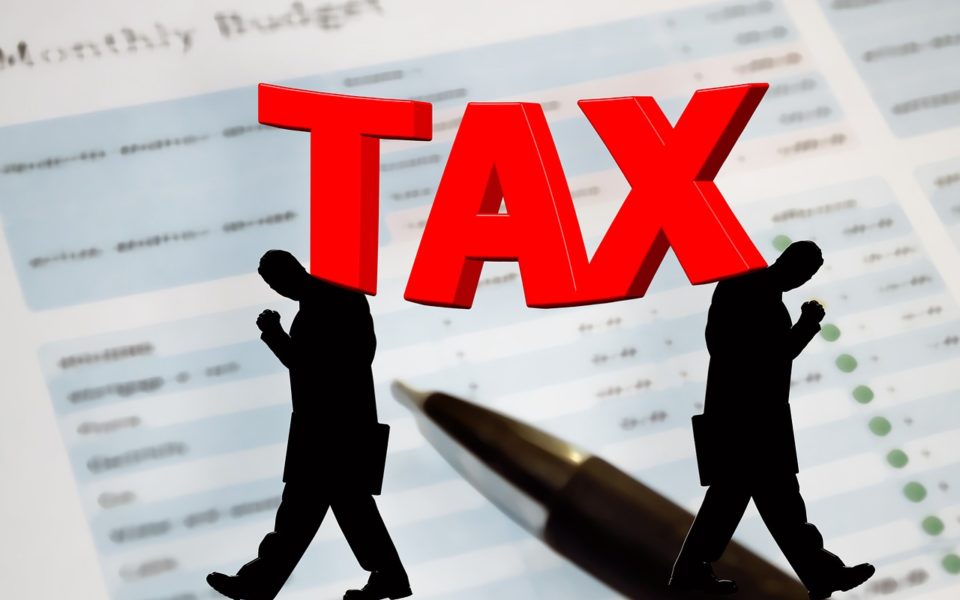financial planning / 21 posts found
How the increased minimum wage will affect your business costs
Business costs are on the rise as we near the second quarter of 2022. Supply chain costs are increasing, energy prices are rising and labour costs are getting more expensive. These soaring costs mean higher expenditure and lower margins on your products and/or services. If left unchecked, that could mean a dip in your predicted profits for the quarter. The good news is that by acting now to manage these increases you can stay on top of these costs. And with a proper financial plan, you can keep your business turning a profit. A rise in the National Living Wage [...]
The reduced rate of VAT has gone up – are you ready?
The 5% reduced rate of value-added tax (VAT) has been in place since 8 July 2020. The reduced rate has been extended on numerous occasions to factor in changes to the affected sectors over the course of the pandemic – and has been a lifeline for many affected companies. But, from 1 October 2021, the 5% rate jumped to a new reduced rate of 12.5%, a change that could have significant cashflow implications if you’re one of the affected businesses. Why was the reduced rate of VAT needed? The hospitality, hotel and holiday accommodation sectors have been particularly badly hit by the impact [...]
Should you invest?
For most of us in business the recent, and continuing, Brexit fiasco has meant that making meaningful investment decisions has proved to be problematic. What will our future trading relationship with Europe look like and how will that affect our own trading results? However, despite Brexit we still need to continue to operate and expand our businesses, which will require investment. It would be foolhardy to forget that in the UK we have an extremely generous tax allowance, aptly called the Annual Investment Allowance (AIA), that means we can write off the full cost of qualifying assets against our profits [...]
Capital Gains Tax liabilities
Capital Gains Tax (CGT) is defined by the Government as: "Capital Gains Tax is a tax on the profit when you sell (or ‘dispose of’) something (an ‘asset’) that’s increased in value. It’s the gain you make that’s taxed, not the amount of money you receive." So, you will pay CGT on an item such as a painting, but not on your house, provided that it is your primary residence. You are liable to pay CGT at certain times of the year. If you personally disposed of an asset that is subject to a CGT charge, at any time during [...]
Don’t despair of your debt
Being in debt can be scary, and you can feel helpless. But help is at hand. The most important thing is to talk to someone. This can be your accountant, or it can be a debt charity such as StepChange. A Debt Relief Order (DRO) can help people to improve their debt situation, though it is important to understand the consequences of such action. The first DRO was approved 10 years ago in April 2009 with the aim of assisting people with small levels of assets and little surplus income deal with their debts. Since then, the Insolvency Service has [...]
Green light for pension dashboards
The government has given the green light to allow pension providers to create user-friendly services that display pension information for individuals on-line. Savers will be in the driving seat with all the facts and figures about their pensions and potential retirement income at their fingertips in one place for the first time - on smartphones, tablets and computers. Work and Pensions Secretary Amber Rudd said: With record numbers saving for retirement as a result of our revolutionary reforms, it’s more important than ever that people understand their pensions and prepare for financial security in later life. [...]
Tax-free property and trading allowances
Since April 2017, you can earn £1,000 from a trading activity and £1,000 of property related income, without being liable to income tax. These tax-free allowances on property and trading income are useful as families can generate an extra £2,000 a year of income without increasing their tax bills. Obviously, these small amounts will not be a replacement for your day-job, but they do contribute to financing your monthly bills. What property income could this cover? You could rent out: your drive as a parking space if you live in an area where parking spaces are at a premium, [...]
Child benefit tax trap
This post is a reminder that a family claiming the weekly Child Benefit (currently, £20.70 a week for eldest or only child and £13.70 a week for additional children) may get an unwelcome tax bill if either parents’ income exceeds £50,000 during a tax year. If either parent had income over £50,000 for the tax year 2018-19, and: either partner received Child Benefit, or someone else received Child Benefit for a child living with you and they contribute at least an equal amount towards the child’s upkeep. Then part or all of the Child Benefit received may [...]
As easy as 1, 2, 3…
Well maybe not quite, but you should have your important figures at your fingertips and as ready to slip off your tongue as 1, 2, 3. The world of business can be a difficult place in these times, so arming yourself with data will give you a head start. We know that knowledge equals power, but it is the quality of the knowledge that is important. How much use is there in knowing last year’s profit margin? Not much, when you trying to make a decision based on events unfolding before your eyes. But knowing the current profit margin on [...]
Are you on the cloud?
Making Tax Digital (MTD) comes into force on the 1st April 2019 (no – it’s not an April Fools!) If you are VAT registered and, your turnover exceeds £85000 you will need to follow the rules for MTD as laid out by HMRC. Essentially MTD means that you will need to keep and file your VAT records and returns electronically; you can no longer just use spreadsheets and manually upload the information. In practice this means you will have to be using some form of cloud accounting. Regardless of whether you want to or not, you will have to do [...]










